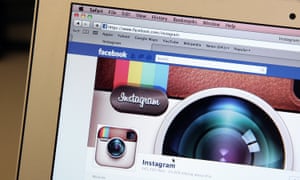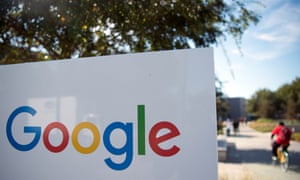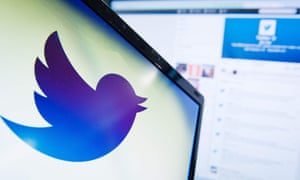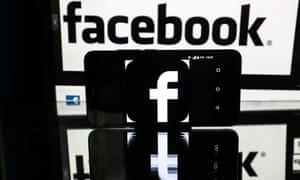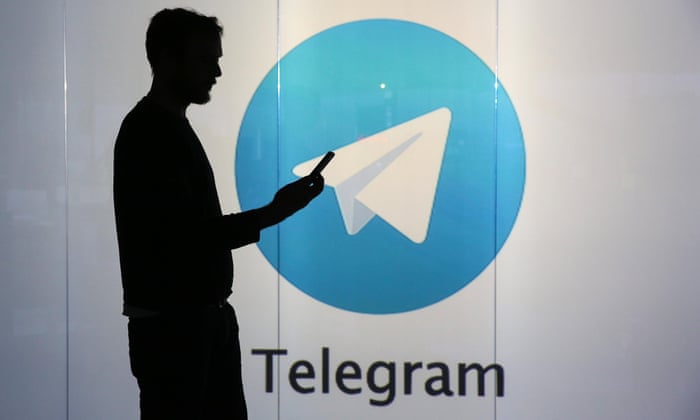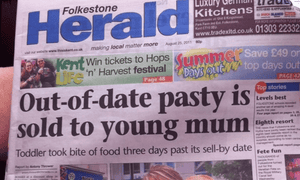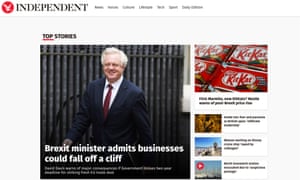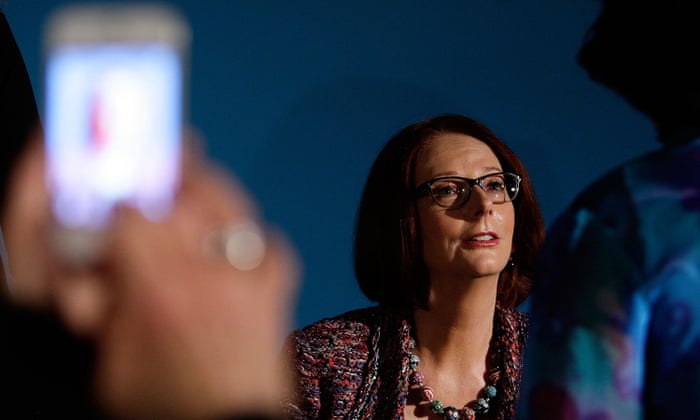1) Notes-
The news had dominated its stories at the time, it would create news and deliver it to a passive audience to consume and believe. Now, due to the rise of technology, audience members are no longer passive to news, but creating their own form of content. Audience have become the users, and the users have become the publishers. We are now in the era where UGC has now eroded the dominance of institution over audience members.
- theory (audience reception etc.)
Receptive audience= an audience member that receives and consumes the news without having their own opinion and believing what is being shown to them
UGC= content created by audience members and spread around to the public, becoming creators of news content.
Institutions have news given to them rather having to pay journalists to go out and collect news stories. This is because it takes a great effort to go out and find stories that will entertain the audience, and so UGC has had a good impact in that regard. They can use the content that society has submitted and use that as their news story.
Audience members can now have a more trust worthy source as majority of UGC content is not been mediated in any way. Meaning that it hasn't been edited to show one side of the argument like typical news channels/papers are.
2) What is meant by the term ‘citizen journalist’?
Citizen journalist is someone who is not doing journalism as a career, and rather captures news/evidence in public and submits it for the whole world to see. The difference is, is that it is the public who do citizen journalism as anyone present at an event can capture moments and key details that can draw up concern for the government such as racism caught on streets etc.
3) What was one of the first examples of news being generated by ‘ordinary people’?
The Rodney King case of 1991. This was when a speeder was caught by police and beaten (he was an African American), and the event was captured by a onlooker who recorded this event and published it to the world. This had sparked a lot of evidence of police brutality and is one of the most iconic citizen journalism ever.
4) List some of the formats for participation that are now offered by news organisations.
5) What is one of the main differences between professionally shot footage and that taken first-hand (UGC)?
One of the main difference between professionally shot footage and UGC journalism, is the quality. This is because those who capture footage don't think about the smooth shots, they want to capture the moment as it is happening and at times, expresses their emotions. For example, shaky footage can show horror and being scared through the movement of the camera. In addition, professionally shot footage have a lot of smooth shots and generally has a presenter talking to the audience/news presenters to give context to what is being shown.
6) What is a gatekeeper?
A gatekeeper is someone who is in an organisation (preferably a news co-operation) who decides whether or not to publish a form of news that they have seen as well as preventing certain things to be broadcasted. They essentially prevent certain news, regardless of their content, to be viewed by audiences as they have other news that they deem to be more important.
7) How has the role of a gatekeeper changed?
Independent media on the web is the way to go around gate keepers. This is a system where UGC can be submitted and it can reach a niche audience, and often people who before thought they didn't have a voice, to now feel as if they do.
8) What is one of the primary concerns held by journalists over the rise of UGC?
One of the primary concerns that journalists have over the rise in UGC content is that news corporations may decide to rely on citizen journalists to do the stories for them, as they don't have to pay them for their work, and it will cut down their costs. Journalists are afraid that their jobs may no longer exist as there are people doing their jobs for them.
9) Offer your own opinion (critical autonomy) on the following:
What impact is new/digital media having on:
A wider variety of news is available than ever before. People are not restricted to a few pages of content, like traditional news papers did. They can see a whole range of stories and ones that are of best interest to the reader.
- the news agenda (the choice of stories that make up the news)
It is having a major impact on the news agenda. This is because online sites such as Twitter and Facebook may own a 'hot' news story that one of their users have broken out. This will become the 'hot' topic of the week, and it will influence news companies to get hold of that information and attempt to do their own news coverage in order to gain more readers.
- the role of professionals in news
NDM is having more of a negative impact on professionals. This is because the internet allows their content to be published and shared around for free, and they are not getting paid for the work they done. This will appose a threat to this job position as the company wants to survive and to do so, they must cut down their costs such as employees.
Hyper-reality and the digital renaissance:
1) The article was written in 2009. Offer three examples of more recent social networking sites or uses of technology that support the idea of a 'digital renaissance'.
- Snapchat
- Instagram
- Twitter
These three examples support the idea of the digital renaissance as users have the ability to communicate and interact with people of different cultures and they also develop their perception of cultures and society in the developed world. This is because, on these sites, users can create there own perception on how they want to be viewed online.
2) How do live streaming services such as Periscope or Facebook Live fit into the idea of a 'digital renaissance'? Are these a force for good or simply a further blurring of reality?
This is more of reality than anything else. This is because the apps and services mentioned all have a key feature; being live. This means that what people see, is the reality of what is actually happening and there is very little, if any' editing actually being presented. This is the difference that videos and these services have different. Services such as FB Live are showing the reality whereas videos have been edited and are not showing the reality of it.
3) How can we link the 'digital renaissance' to our case study on news? Is citizen journalism a further example of hyper-reality or is it actually making news more accurate and closer to real life?
Citizen journalism if anything, is making us a viewers/audience becoming closer to real life than ever before. Yes, to an extent the footage captured can be showing one side of the argument, however it is content which the viewer can relate to. It expresses the emotions which current news doesn't have, which is why news needs to be changed. It needs to feel more like 'news'. News is information that is informing the viewer on events and real life issues, however they need to express emotions and power, which is why news isn't as effective as it doesn't succeed in that prospect. Citizen journalism can really change the way news comes across the the audience/viewer.
